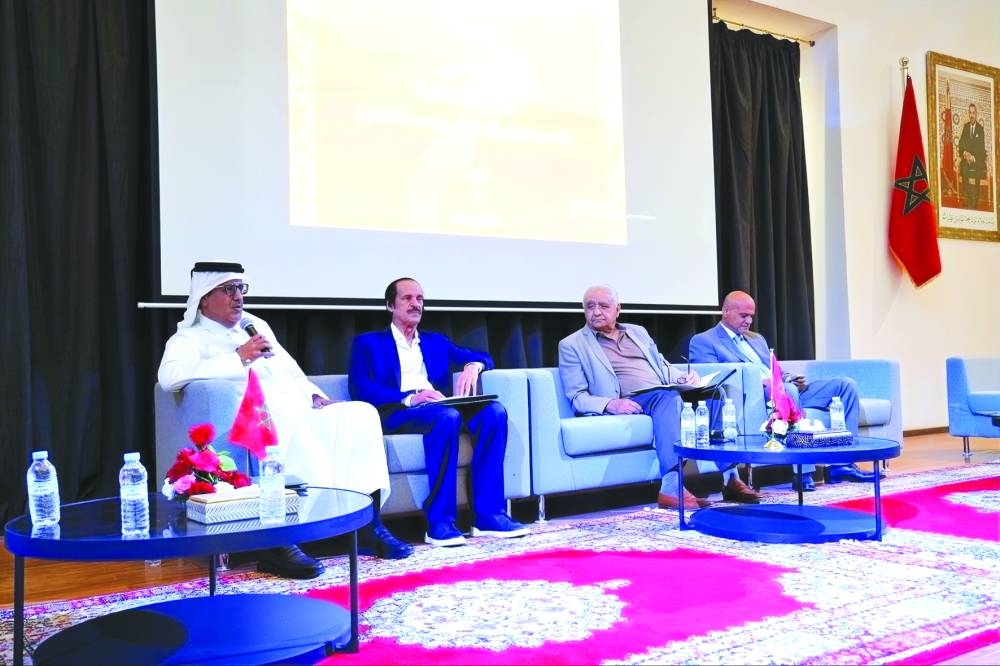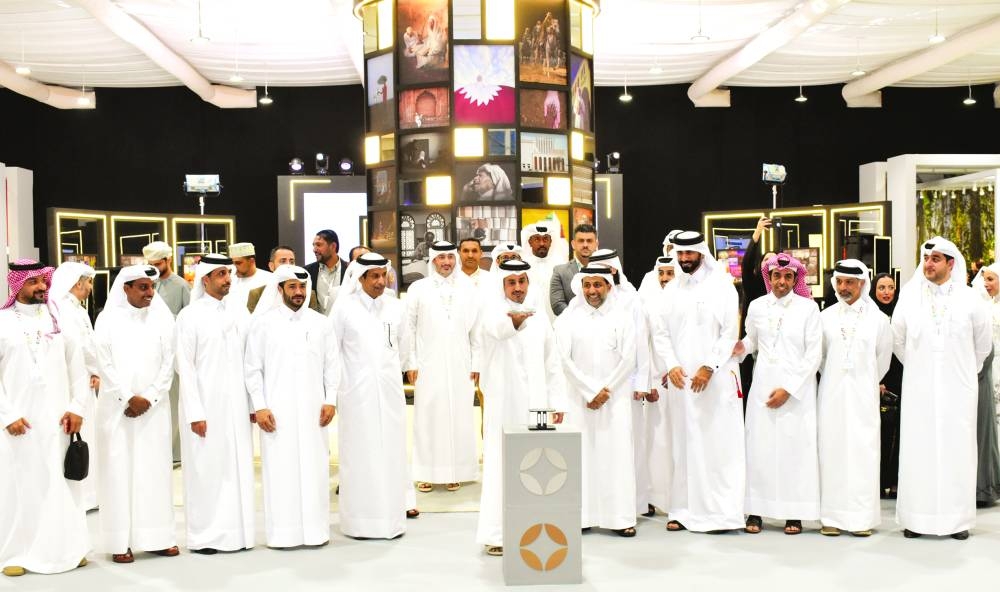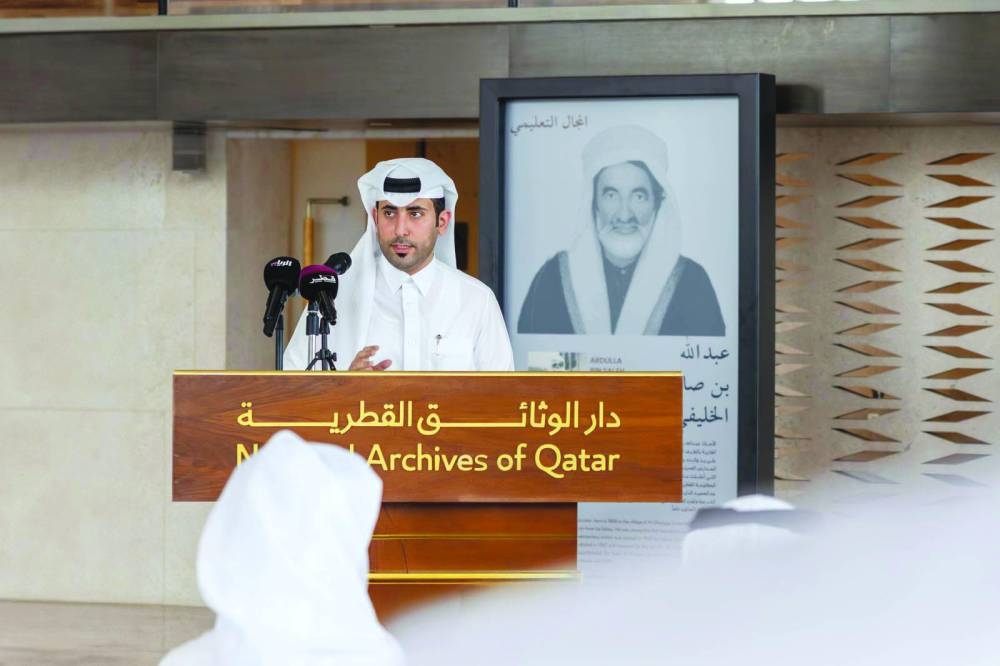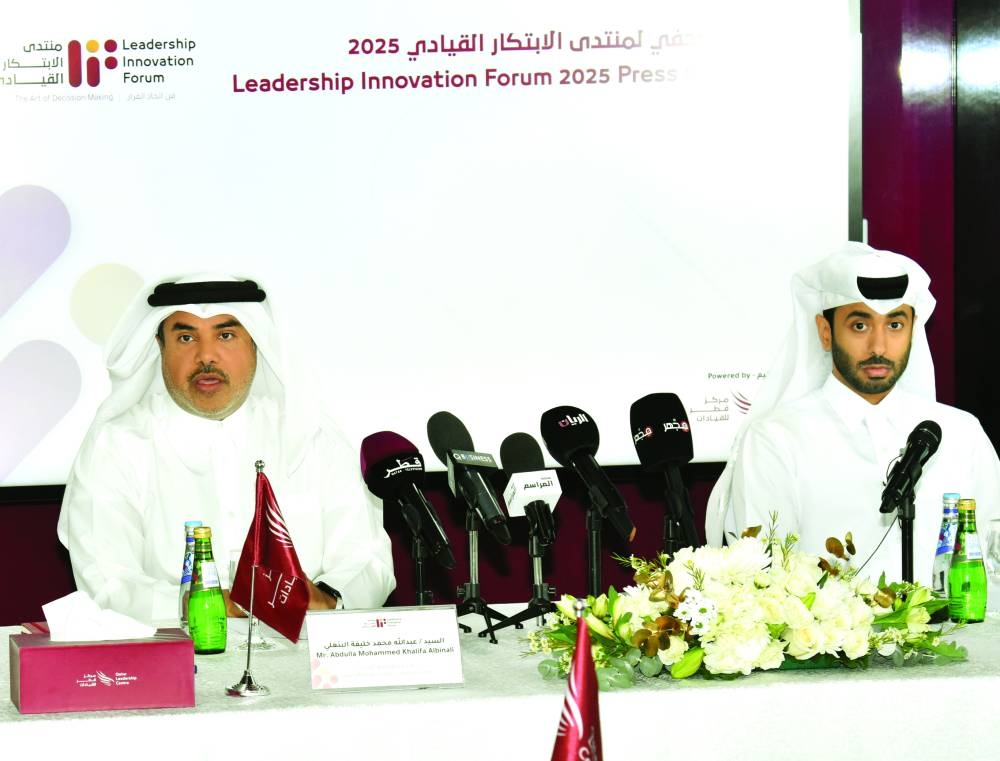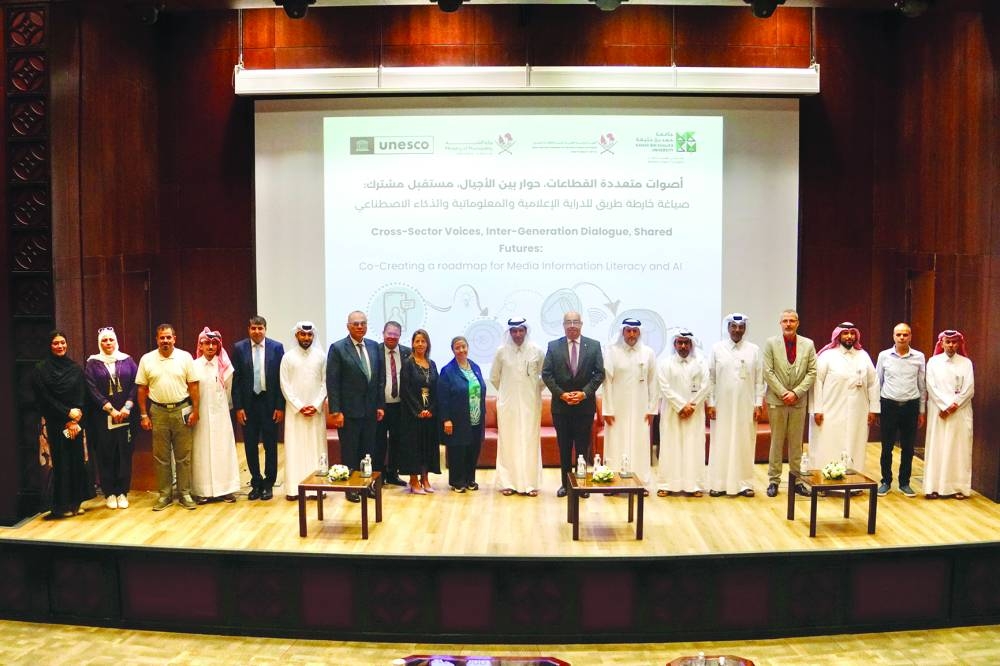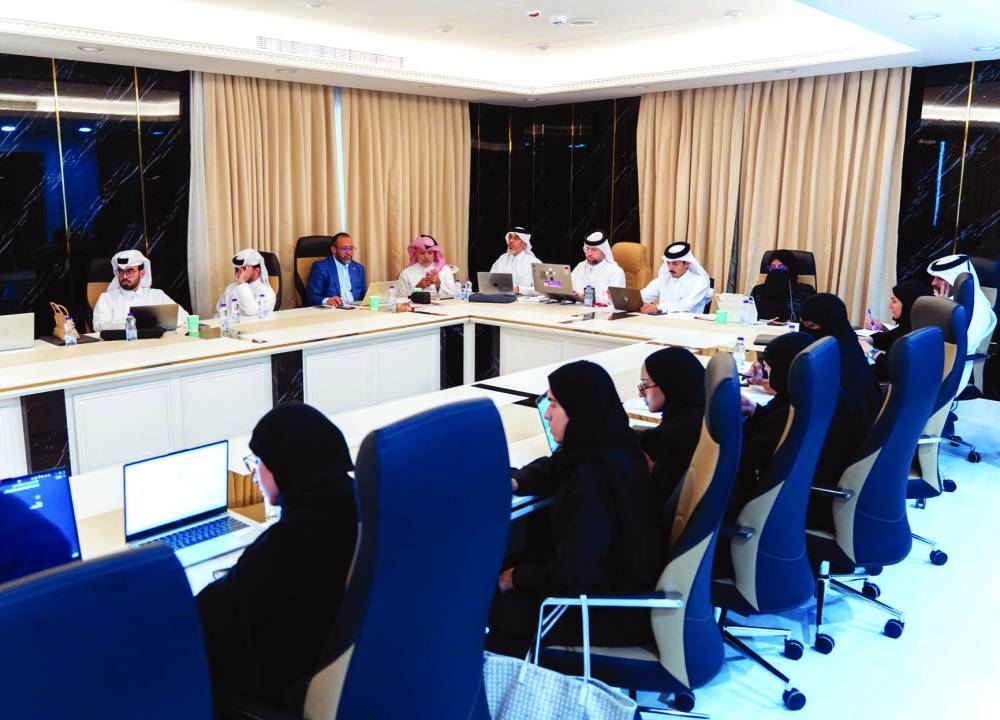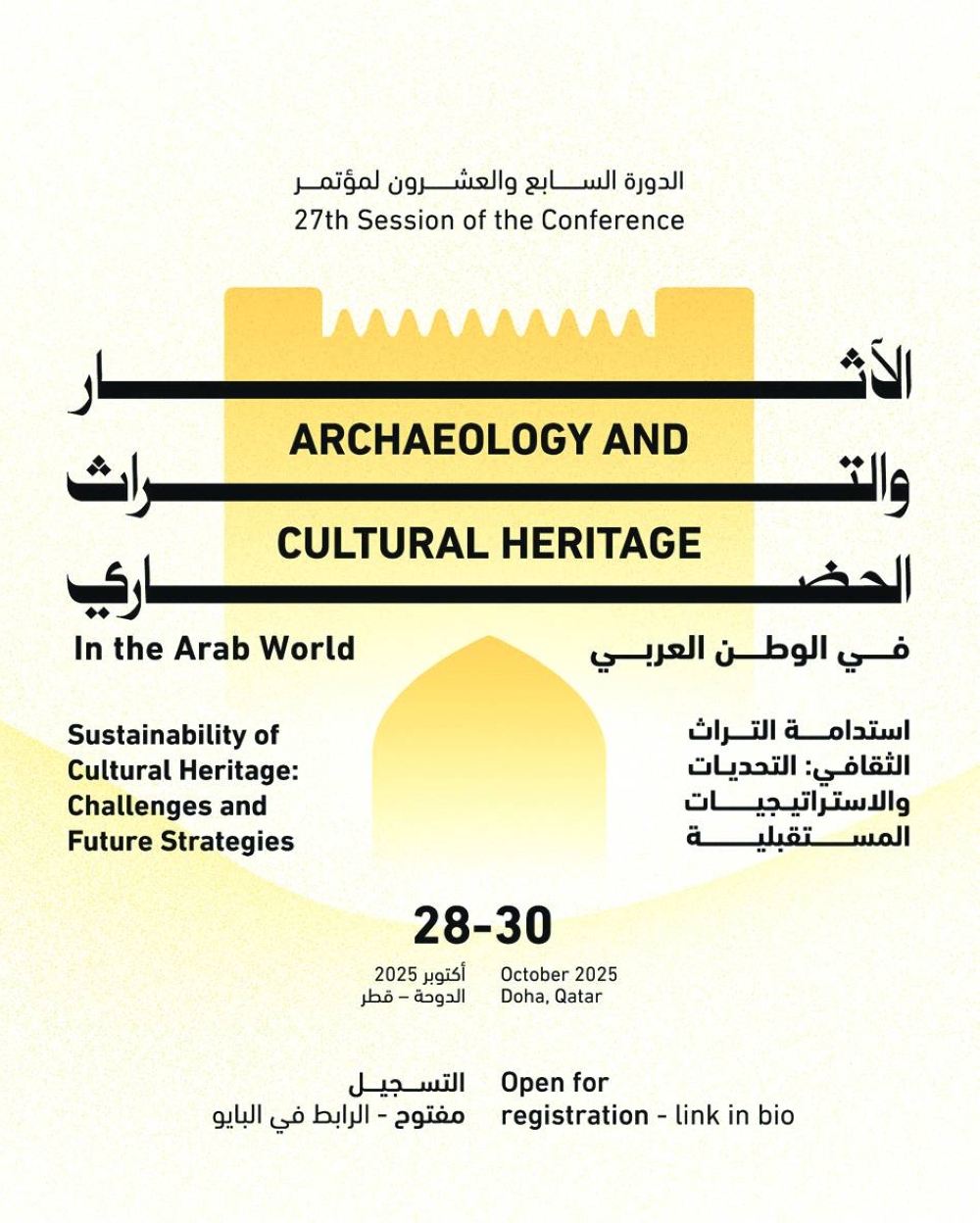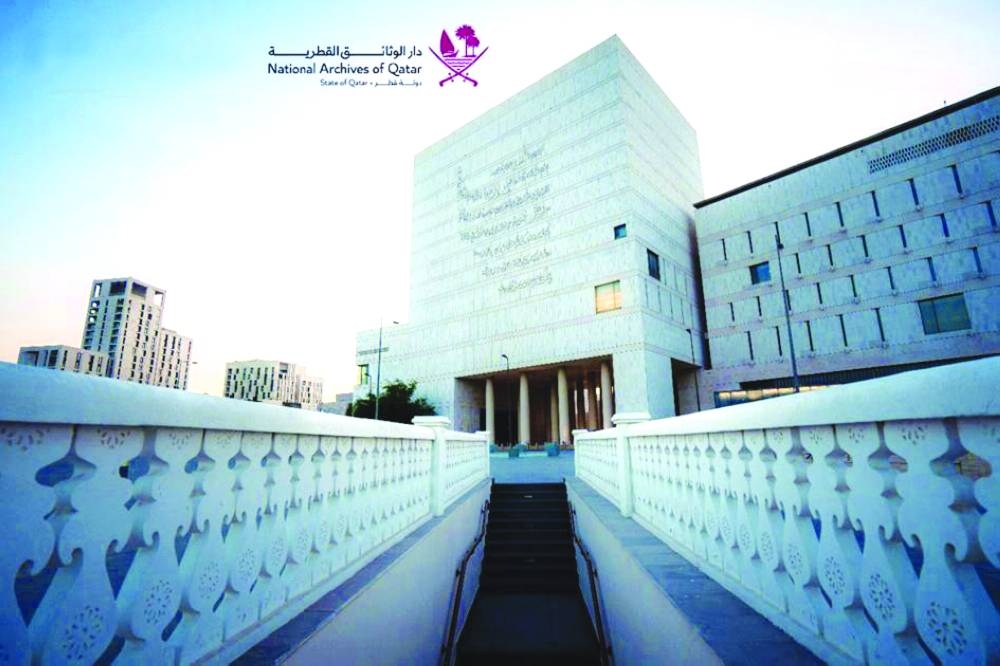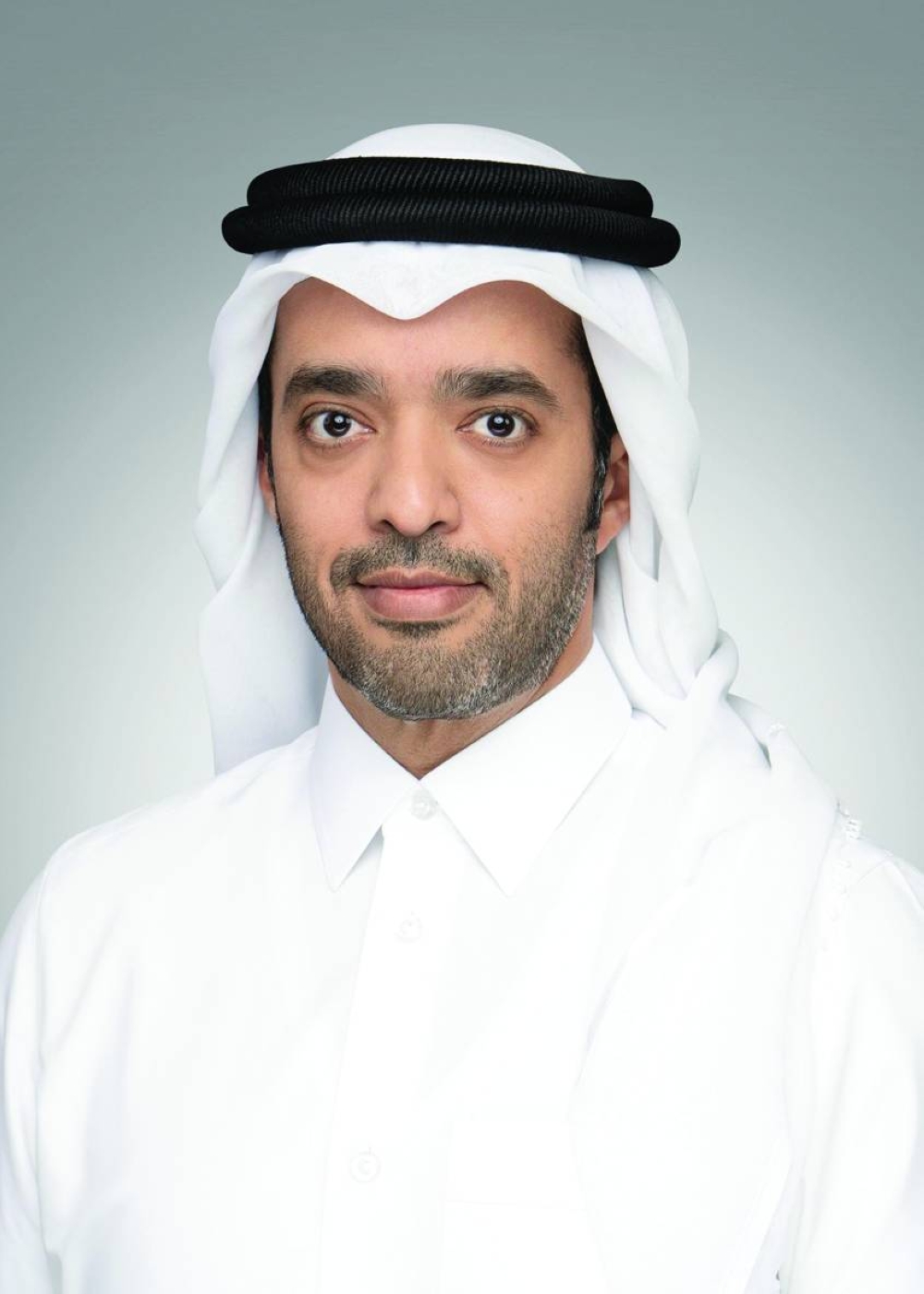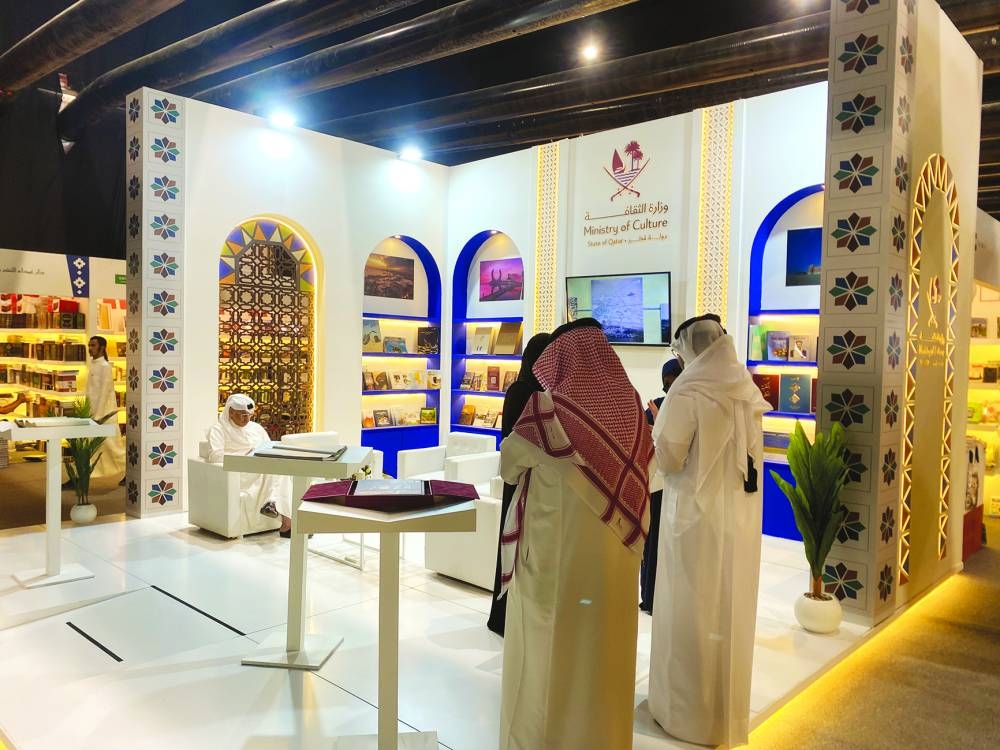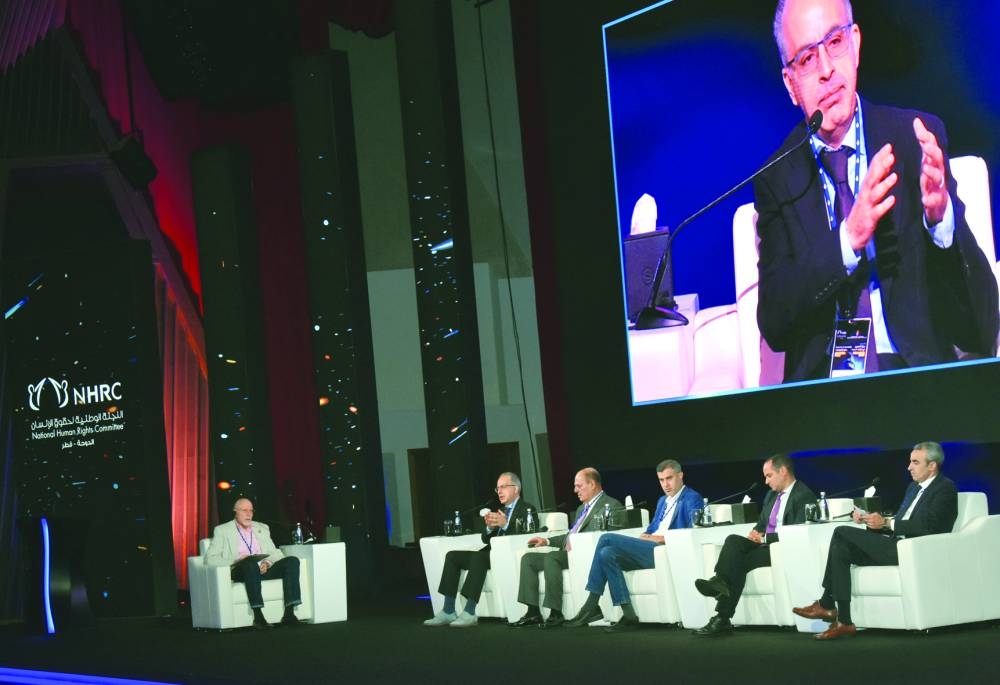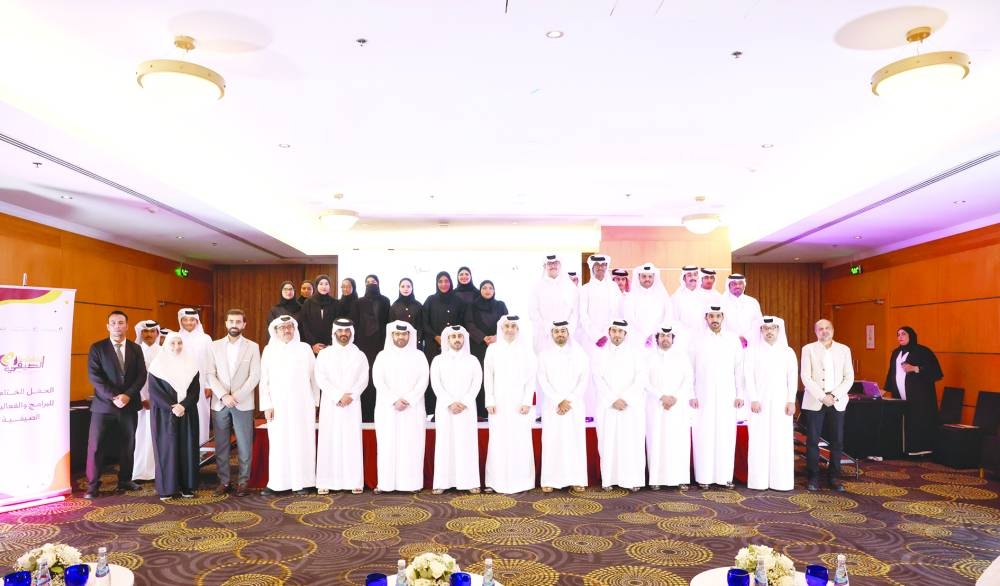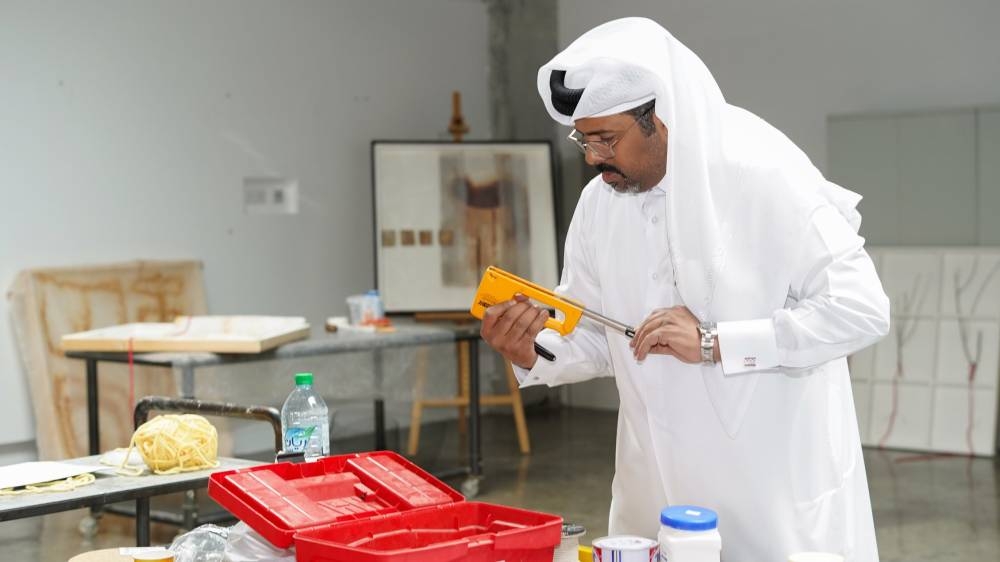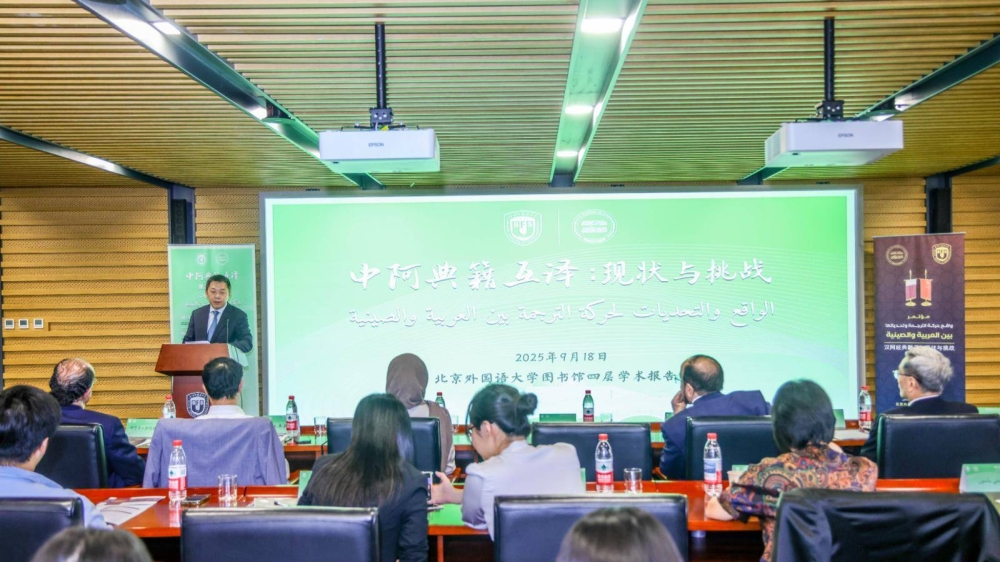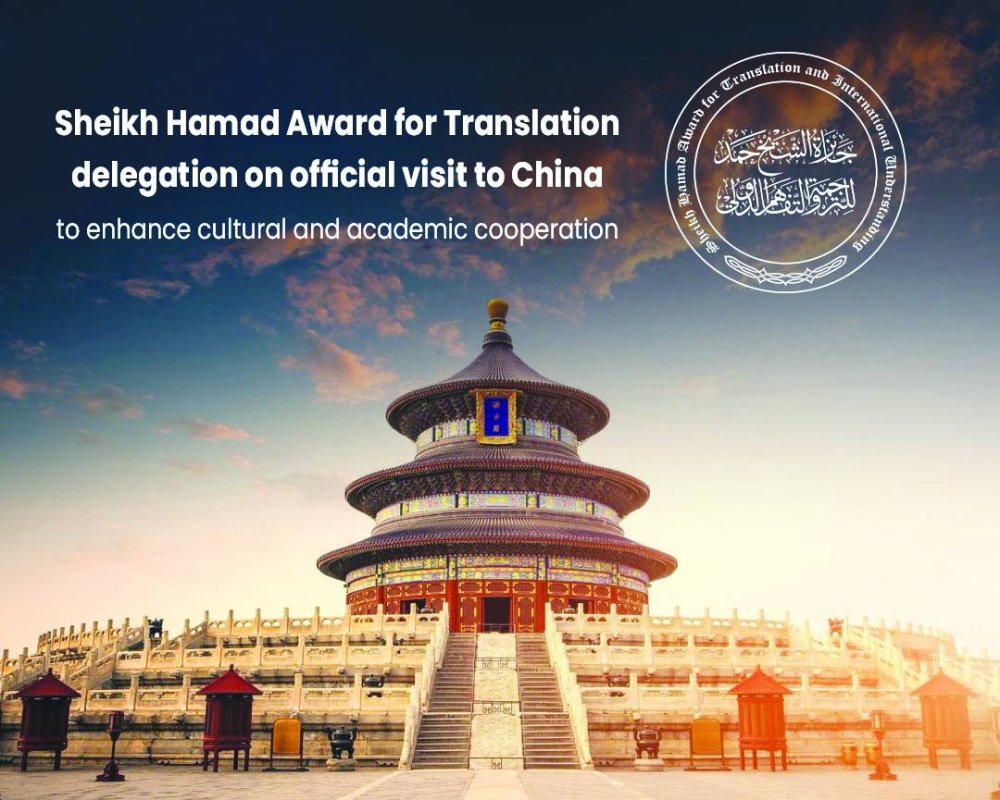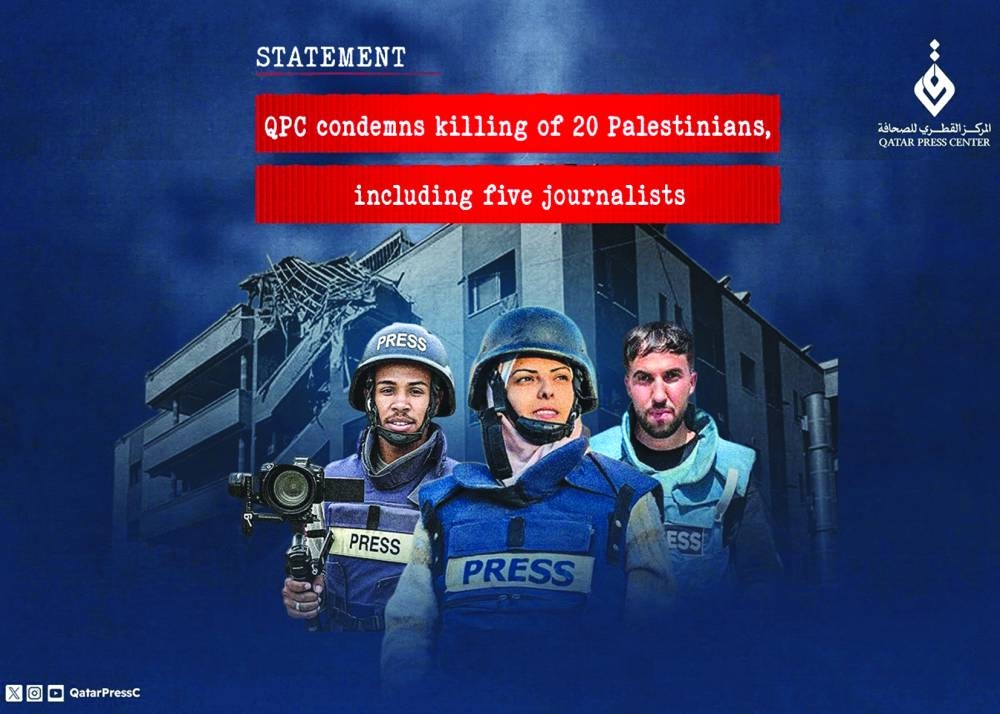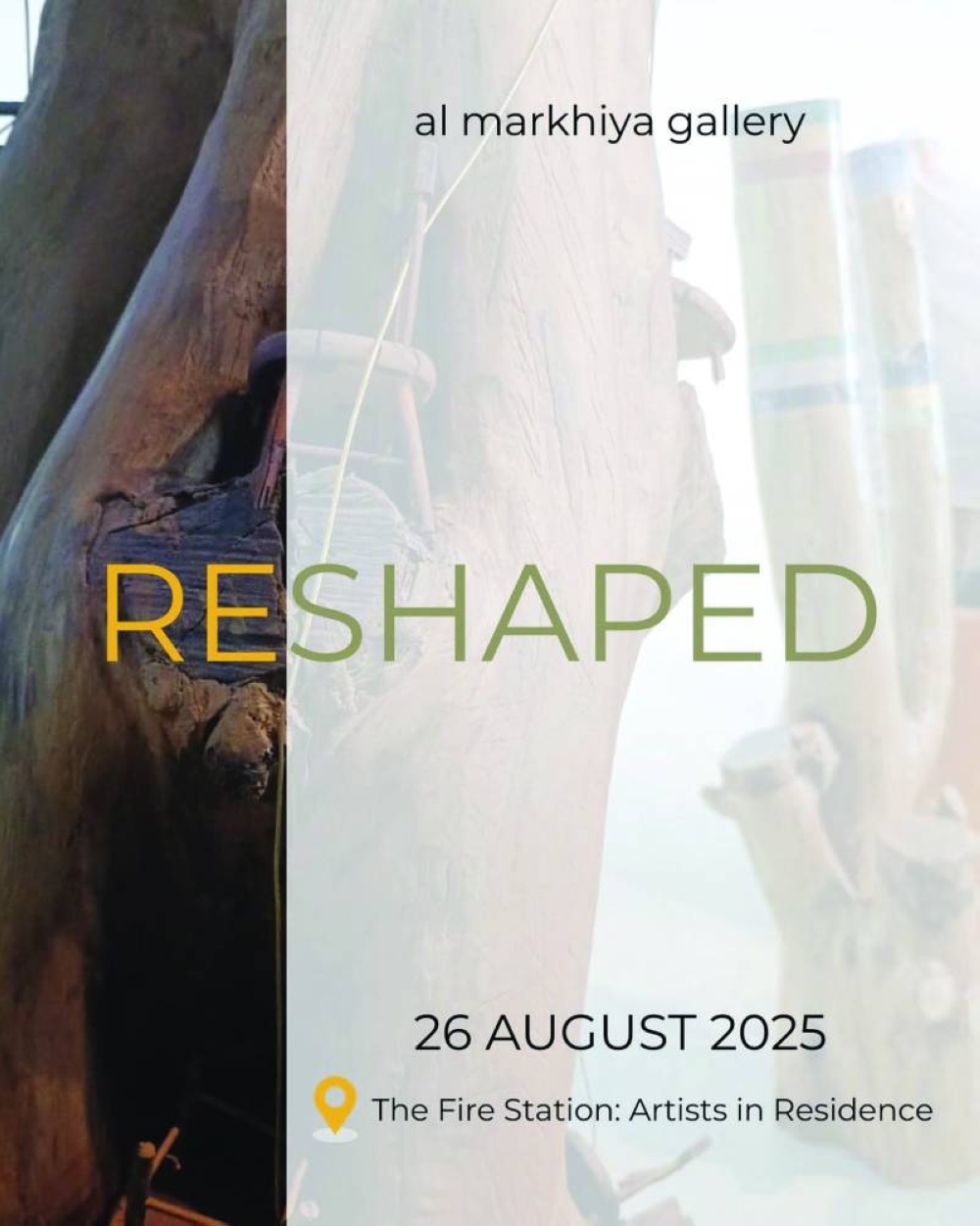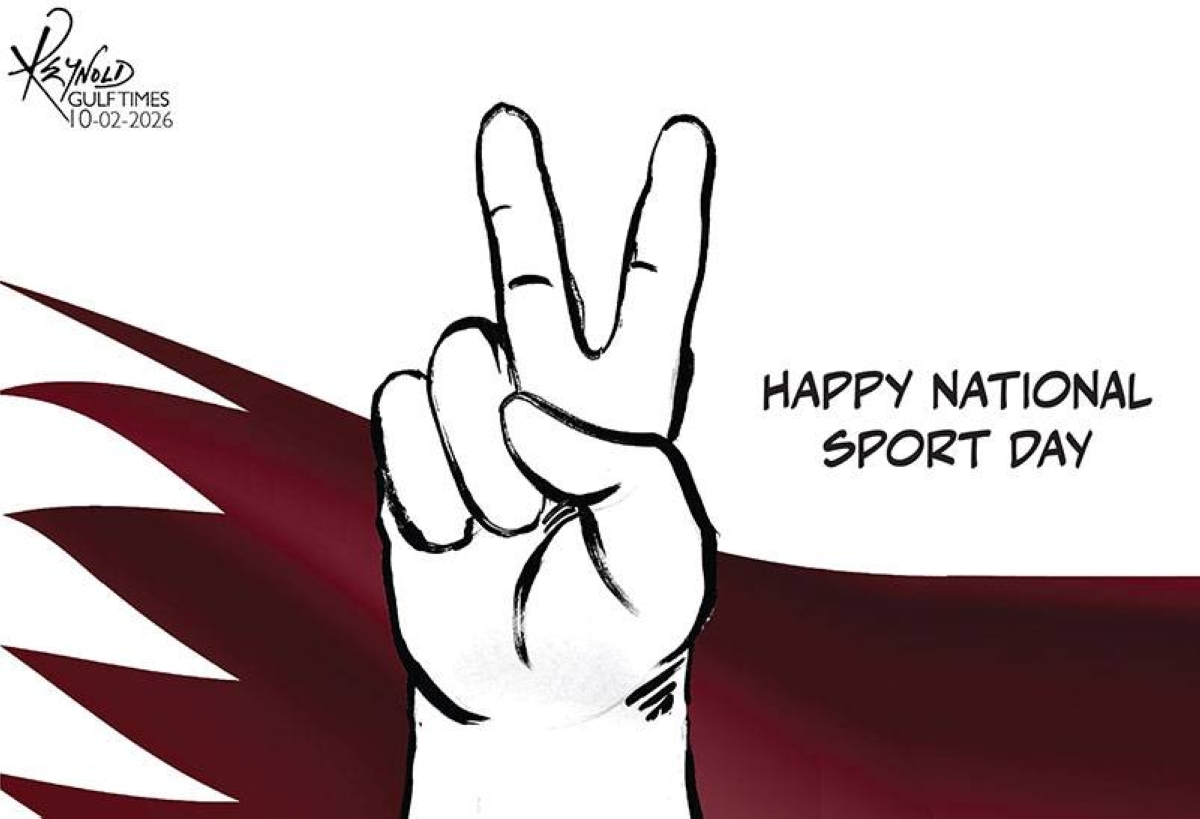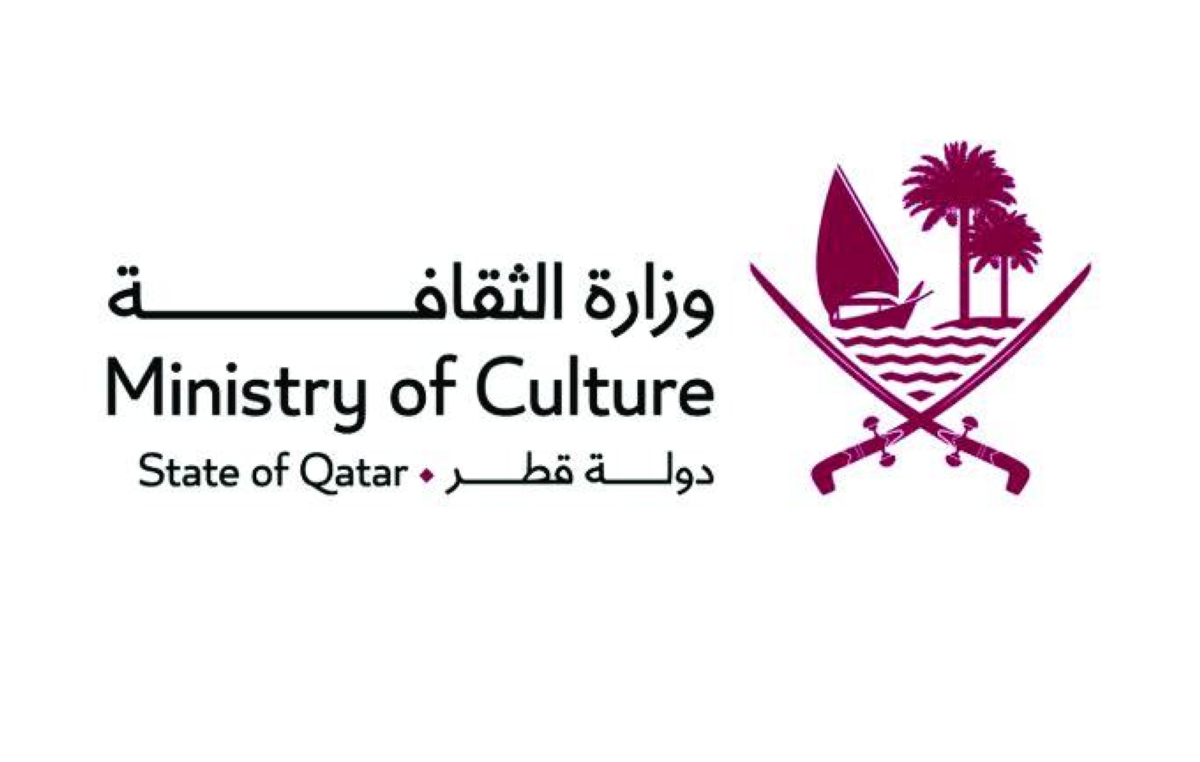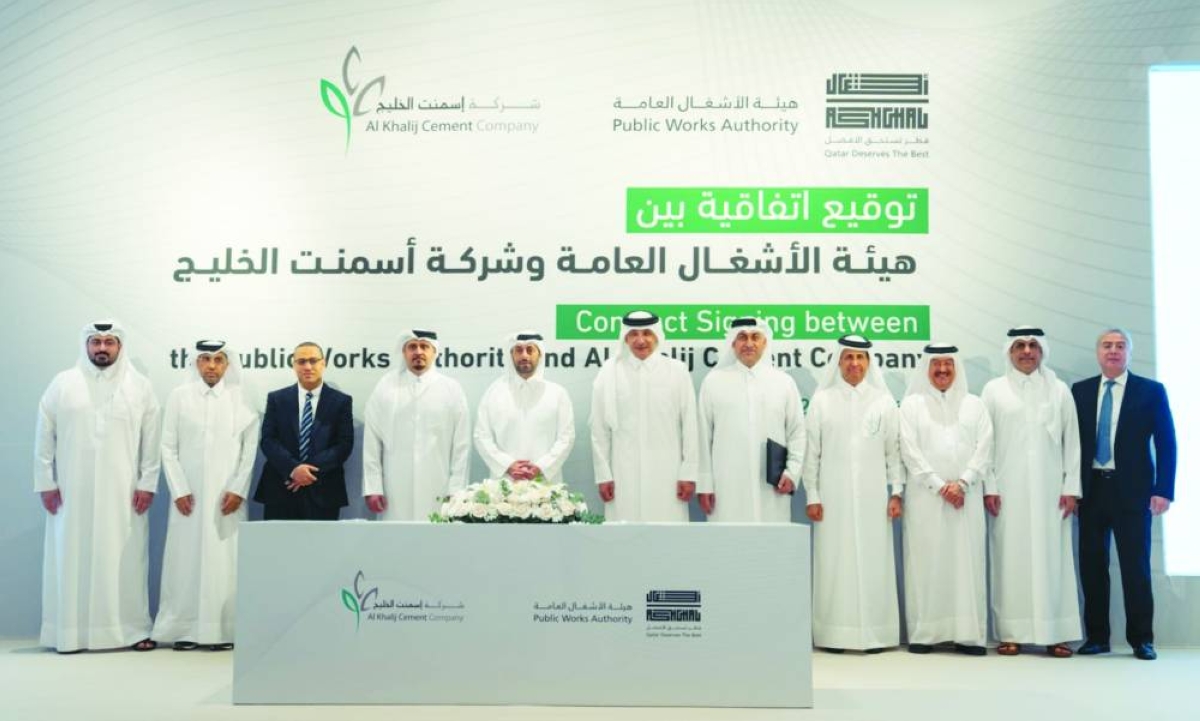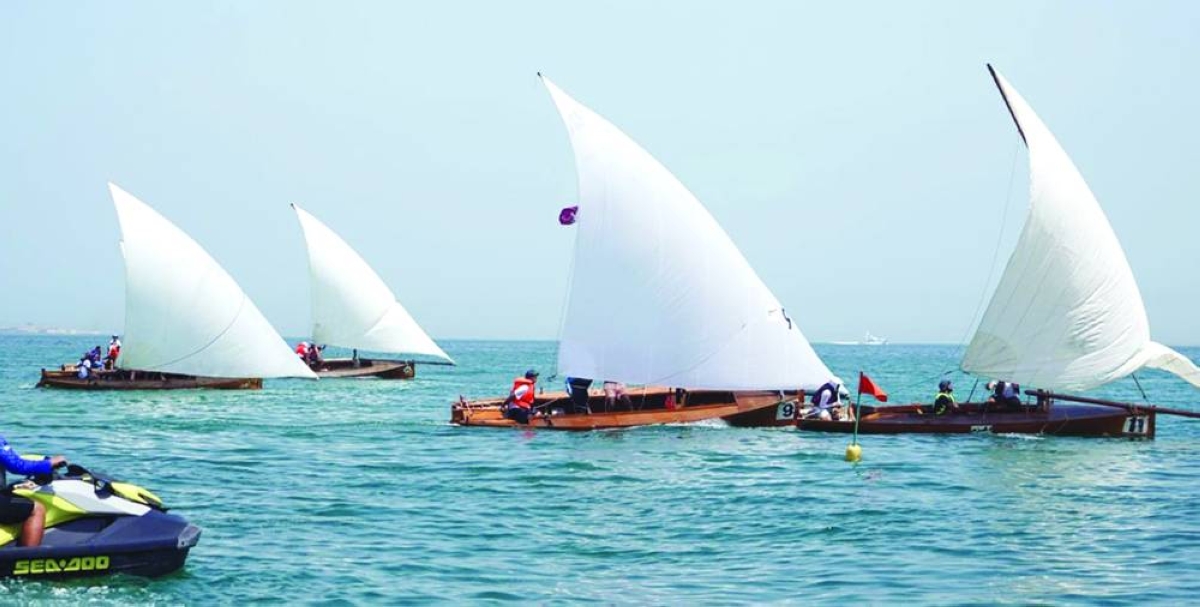On the occasion of the launch of the Qatar Calendar events 2025-2026, Ahmed Al-Binali, Director of Festivals and Events at Visit Qatar, spoke to Gulf Times.“In today’s event we announced the latest statistics about Visit Qatar, we showcased our stakeholders either in the private or in the public sectors. We also announced the Doha Tattoo festival, going to be held from Dec 16-20, 2025, for the first time in the Middle East.**media[368241]**“The upcoming events include Qatar Intercontinental Cup, Steve Harvey Gulf event, the experience of My Craft and Hot Wheels. To date, we have more than 550 events registered in the Qatar Calendar, comprising either exhibitions, festivals, concerts, or family entertainments, and sports events as well.“We have announced a new destination that Qatar is going to promote, which is a race in the second quarter of next year, 2026. So, the calendar is going to be the umbrella that covers all the events and across what is happening during the events and most of all a single window for the tourists, the residents, and citizens.“I take this opportunity to call on all the private and government sectors to submit all their events to Qatar Calendar to support tourism in Qatar as well as to boost awareness about their events, and make easy for tourists, residents, and citizens to know what is happening in Qatar.”The Visit Qatar official stressed that the unified calendar reflects Qatar’s vision for tourism as a strategic tool that simplifies access, streamlines planning, and ensures visibility for the events portfolio. It is continuously updated to capture the nation’s rich diversity across entertainment, culture, and sport. The Qatar Calendar serves as both a practical resource and a platform for showcasing Qatar’s global appeal.The Qatar Calendar achieved a wide reach through 25,000 printed copies distributed monthly, a digital version available via the Visit Qatar website, mobile application and verified social media channels, as well as an interactive pavilion that engages audiences at major events across the country.**media[368245]**The entertainment programme features a diversity of entertaining experiences, including a performance by international star Russell Peters live in Qatar, as part of his Relax World Tour 2025, alongside concerts by leading Arab artists such as Wael Kfoury Concert on Oct 16, 2025; singer Angham Concert on Oct 17, 2025; and Omar Khairat Concert on Dec 5, 2025.On the cultural front, key highlights include the Sealine 2026 Season in Ras Brouq, the Qatar International Food Festival 2026 on Jan 14-24, 2026, which is the nation’s largest culinary celebration, and the Throwback Food Festival 2026, from Feb 17 to March 19, which revives the heritage of Qatari eateries with a modern spirit. These are complemented by ongoing artistic and cultural events at Katara Cultural Village, Souq Waqif, and Al Bidda, further enriching Qatar’s cultural landscape.In the realm of sport, Qatar continues to strengthen its position as a premier international destination by hosting major tournaments, including the Asian Padel Championship, the UIM-ABP Aquabike World Championship, on Oct 30 to Nov 1, 2025, at Doha Old Port, and the Qatar International Golf Series, offering both residents and visitors world-class sporting experiences throughout the year, Al-Binali said.Qatar’s hosting of major international sports events and their wide audiences plays a pivotal role.The country has successfully staged global tournaments such as the 2015 World Men’s Handball Championship, the FIFA World Cup Qatar 2022, and continues to host remarkable editions of world beach games, tennis, squash, padel, and various regional and continental championships.In the second half of this year, Qatar will host several major events, including the World Triathlon Championship Finals Qatar T100 in Doha, in co-operation with the Professional Triathletes Organisation, as well as the FIFA Arab Cup Qatar 2025 and the Qatar Airways Grand Prix Formula 1.**media[368246]**Qatar is also preparing to host the next Basketball World Cup in 2027. Furthermore, the Qatar Tourism and Visit Qatar are implementing major events and projects during the latter half of the current year, with the country preparing to welcome the 2025-26 cruise season.This follows the exceptional success of the previous season, which saw the arrival of 87 cruise ships, marking a 19% increase compared to the season before. The number of cruise visitors during that season exceeded 360,000, reflecting a 4% rise compared to the previous season, underscoring the ongoing efforts to diversify and develop the country’s maritime tourism sector.Visit Qatar is the main arm of Qatar Tourism. Its mission is to promote and expand tourism in Qatar by cultivating its rich culture, developing thrilling attractions, enhancing Qatar’s calendar, becoming the leading MICE destination in the region, diversifying events and luxury experiences. Visit Qatar is rooted in Service Excellence, boosting the entire tourism value chain, and increasing local and international visitor demand in Qatar. Through Visit Qatar’s network of international offices in priority markets, cutting-edge digital platforms, and marketing campaigns, Visit Qatar is expanding Qatar’s presence globally and enhancing the tourism sector.Qatar’s third national development strategyQatar Tourism aims to attract 6mn visitors by 2030. Built on 11 pillars, the Tourism Strategy 2030 guides Qatar Tourism’s efforts to boost tourism and support the sector’s advancement.In January 2024, the third phase of the Qatar Development Strategy 2024-2030 was announced, identifying tourism as a major sector within the economic diversification clusters entrusted with contributing to achieving sustainable economic growth.The tourism sector focuses on developing business tourism while also building on the country’s unique characteristics to become a tourism destination of choice for families. Qatar aims to increase total in-destination spending to QR34bn, and achieve 19mn room nights thereby transforming the country into a premier travel destination.Tourism is a key pillar of Qatar’s economy and a significant contributor to its National Vision 2030. Qatar’s leadership has identified tourism as one of five priority sectors integral to economic diversification and for increasing private sector participation.Qatar offers an enriching tourism experience that blends tradition with modernity. The country has established itself as a must-visit global tourist destination, providing a safe and accessible environment with various cultural iconic landmarks offerings.Iconic sites and landmarksThe Katara Towers in Lusail City, designed in the shape of a crescent that embodies the national identity with a striking presence inspired by the crossed swords of Qatar’s national emblem. Another site is the Greek-Roman amphitheatre in Katara Cultural Village, a unique architectural blend of Islamic and ancient Greek elements, overlooking the sea and regularly hosting concerts and performances. The Mina District is equally captivating at the Old Doha Port, a vibrant artistic scene with colourful buildings, cobblestone streets, and a scenic promenade where cruise ships dock.The authenticity of Souq Waqif makes it remain a hub of a melting pot gathering for tourists, where the aroma of tradition mingles with modern vibrancy through its many shops and local dining traditional restaurants, all located near the distinctive Fanar Islamic Cultural Centre and its iconic minaret.The Qatar National Library (QNL) is a must visit international landmark located in the heart of Education City, which houses millions of books alongside advanced educational facilities and programmes.The Museum of Islamic Art, designed by Pritzker Prize-winning architect I M Pei, occupies a prime location on the Doha Corniche and holds one of the world’s finest collections of Islamic art.**media[368242]**Equally impressive is the National Museum of Qatar, designed by French architect Jean Nouvel and inspired by the desert rose, both serving as homes for world-class art exhibitions and cultural exchange.The iconic modern projects, Msheireb stands out as the world’s first sustainable downtown regeneration project, embodying a futuristic spirit.Equally notable is the Education City Celebration Pavilion, designed by Japanese Pritzker Prize-winning architect Arata Isozaki.


